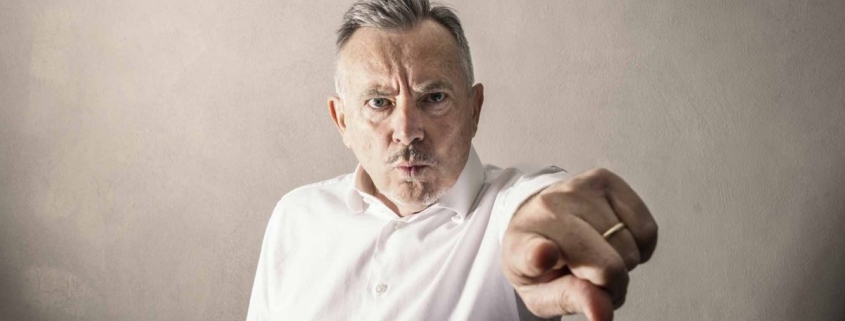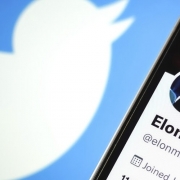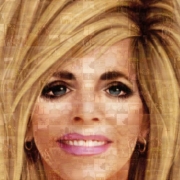‘So you’ve been deconstructing, huh? What do you believe now?’
This article originally appeared on August 23, 2022 at Baptist News Global.
There is perhaps no greater trend in American Christianity than deconstructing the theology and ethics of white evangelicalism. Books, articles, podcasts and even music are being created daily to explore the reasons why so many people are leaving the faith they’ve known.
And there is plenty of reason to leave. In just the past month and a half, I have written articles about white evangelical justifications for slavery, for a eugenics-driven approach to biblical family values and the pro-life movement, for science denial, for a fear-driven control of children, for conquering others, for projecting our theological hierarchies onto technology, and for claiming that God wrote the U.S. Constitution.
But as important as it is to expose those theology-fueled abuses, a growing number of people are wondering what sort of theological lens could be used for discovering healthy theology. Many people have reached out to me recently to say while they are intrigued and resonate with much of what I’m saying about white evangelical theology, they are wondering what I believe about religion now.

Rick Pidcock
That’s a fair question. So in this article, I’d like to lay out how I process and hold theology today after having deconstructed so much of my white evangelical theology to the ground. This article is not meant to represent everyone who has or is deconstructing. It’s simply meant as a personal example of how I think theologically today.
When I consider theology today, I process it more in terms of possibilities and likelihoods. I acknowledge the potential legitimacy and limitations of all perspectives and identities. In these I see degrees of goodness that are determined by how well they foster converging love and flourishing for all communities together across space and time through the infinite depths of awareness, solitude, healing and creative synthesis in the realization and pursuit of wholeness.
A theological journey of processing
In many theological conversations in the United States today, you’ll hear someone say that after you deconstruct from one framework, you should reconstruct to another framework.
“I’m far more concerned about how one thinks than about what one thinks.”
But one of the biggest shifts in my theological journey has been going from thinking about theology as static beliefs that one must affirm to a dynamic process that we participate in. I’m far more concerned about how one thinks than about what one thinks. The journey toward theological health isn’t simply about switching beliefs to a new set of certainties, but about changing the way you process and hold theology entirely.
My theology today is more about a way of being than about a system I’m building. It’s more about a posture of openness both inward and toward others than about having everything categorized satisfactorily.
Theology is a becoming. It’s a way your entire being is living into. Therefore, what you are believing, you are becoming. The end is the process in becoming.
The relevant questions become: Will the theology I’m living out remain in the end? And if only love remains in the end, then why would I live into any other theology than an organic theology of becoming love?
Possibilities and likelihoods
In the apologetics days of my conservative evangelical past, I wanted to prove that God existed, that Jesus was God, that penal substitutionary atonement was the only way to get to heaven after you die, and that the Bible was historically and scientifically inerrant.










Leave a Reply
Want to join the discussion?Feel free to contribute!